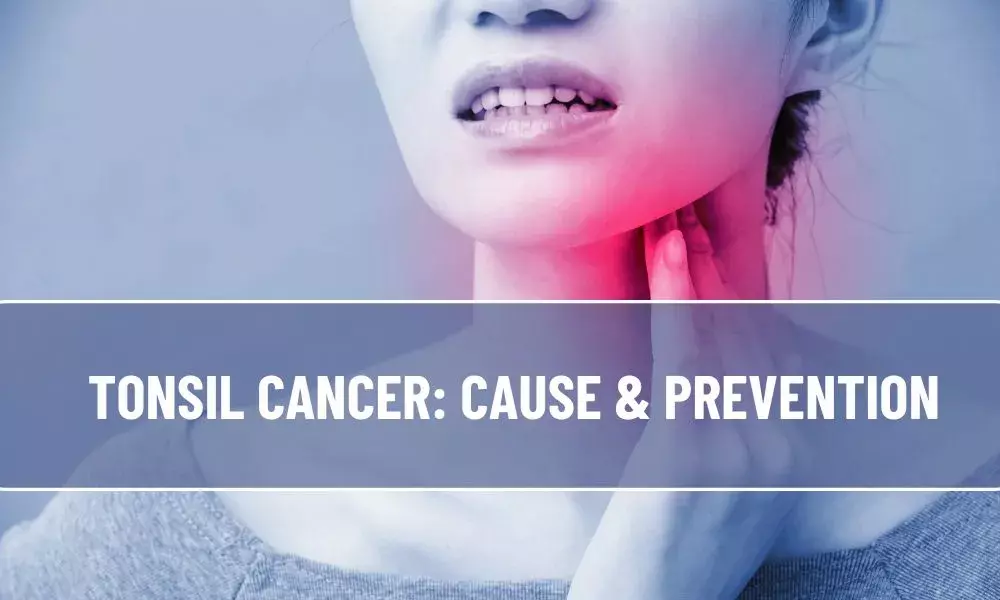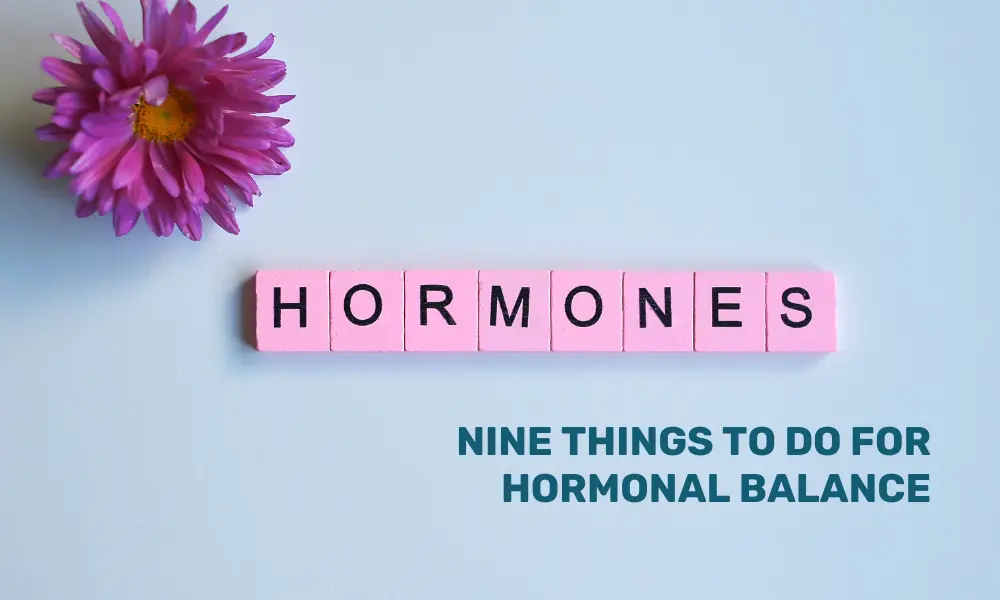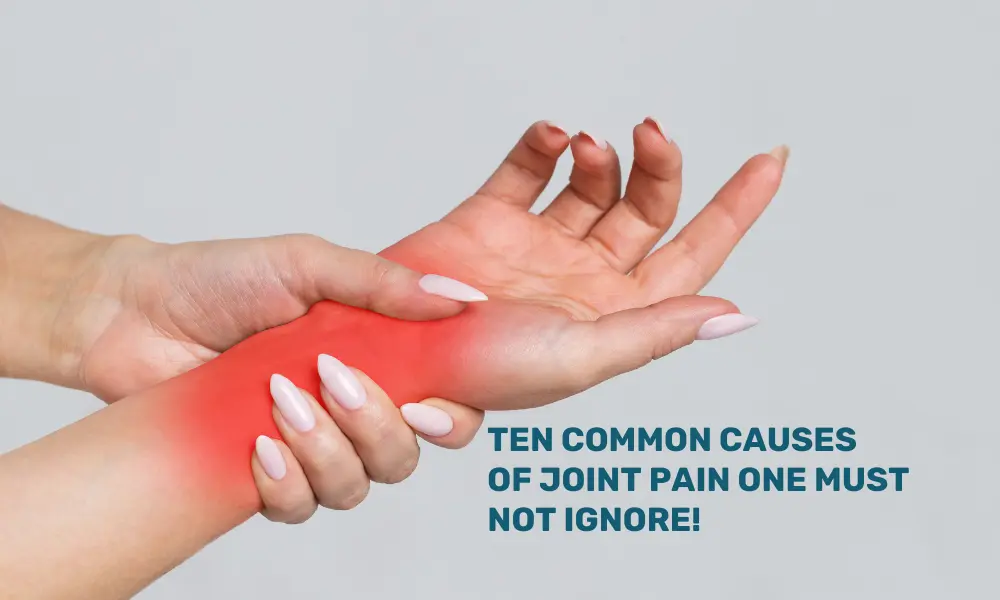Tonsil cancer can happen to anyone. It is more common in people over 50 years. Men are more likely than women to develop this condition.
Table of Content
-
What is Tonsil Cancer?
-
Common symptoms
-
Causes and Risk Factors
-
Who is more prone to Tonsil Cancer?
-
Prevention Strategies
What is Tonsil Cancer?
Tonsil cancer refers to an abnormal growth of cells in the tonsils and is a serious health concern. Tonsils are oval-shaped immune system pads at the back of the mouth and play a crucial role in fighting germs.
Tonsil cancer can be painful as it affects the throat area. Recognizing the symptoms, understanding the causes, and taking preventive measures are vital for reducing the risk of tonsil cancer and promoting early detection.
Common symptoms
Tonsil cancer often manifests with symptoms that may appear like common throat ailments. Some common signs to be aware of include:
-
Strange Sensation: A persistent feeling of something stuck at the back of the throat could indicate tonsil cancer.
-
Difficulty Swallowing: An unusual challenge in swallowing, especially if persistent, should be investigated further.
-
Pain in Neck and Swelling: Unexplained swelling and pain in the neck may suggest a deeper issue.
-
Ear-Ache: Persistent ear discomfort calls for immediate medical attention if accompanied by other symptoms.
-
Stiffness in Jaw: Difficulty moving the jaw can be a symptom of advanced tonsil cancer.
Causes and Risk Factors
Tonsil cancer arises from genetic changes in tonsil cells, causing them to grow uncontrollably and evade natural cell death. A significant contributor to tonsil cancer is the human papillomavirus (HPV). This sexually transmitted infection is increasingly linked to tonsil cancer cases, particularly in younger individuals. Risk factors may include:
-
HPV Infection: Being infected with HPV, primarily through sexual contact, raises the risk significantly.
-
Alcohol Consumption: Excessive alcohol consumption can contribute to tonsil cancer.
-
Tobacco Use: Smoking or any form of tobacco increases the risk of developing tonsil cancer.
Who is more prone to Tonsil Cancer?
Tonsil cancer does not discriminate, but certain demographic factors influence its prevalence:
- Age: While it can occur at any age, tonsil cancer is more common in individuals over 50.
- Gender: Males are three to four times more likely to develop tonsil cancer than females.
- Race: White individuals are slightly more prone to tonsil cancer than Black individuals.
Prevention Strategies
Early detection is key to successfully treating tonsil cancer. Regular oral cancer screenings, especially if at a higher risk, can help detect abnormalities in the early stages, when treatment is more effective.
Prevention plays a crucial role in mitigating the risk of tonsil cancer. Here are practical steps to consider:
-
Avoid Tobacco: Quitting tobacco consumption can substantially lower the risk of tonsil cancer. One can consult a doctor for guidance.
-
Limit Alcohol: Avoiding or stopping alcohol can help reduce the chances of tonsil cancer.
-
Regular Dental Check-ups: Routine dental care involves thorough mouth examinations that can aid in detecting early signs of tonsil cancer or precancerous changes.
-
Protect Against HPV: Practicing safe sex is vital. Additionally, taking the HPV vaccine can be helpful, as it reduces the risk of HPV-related cancers, including tonsil cancer.
Tonsil cancer is a complex condition influenced by various factors, including lifestyle choices, viral infections, and demographic variables. Recognizing the symptoms, understanding the risk factors, and adopting preventive measures are crucial to reducing the likelihood of tonsil cancer.
Early detection through regular screenings can significantly affect successful treatment outcomes. By making informed choices and staying proactive, individuals can empower themselves to safeguard their health and well-being against this challenging disease.





